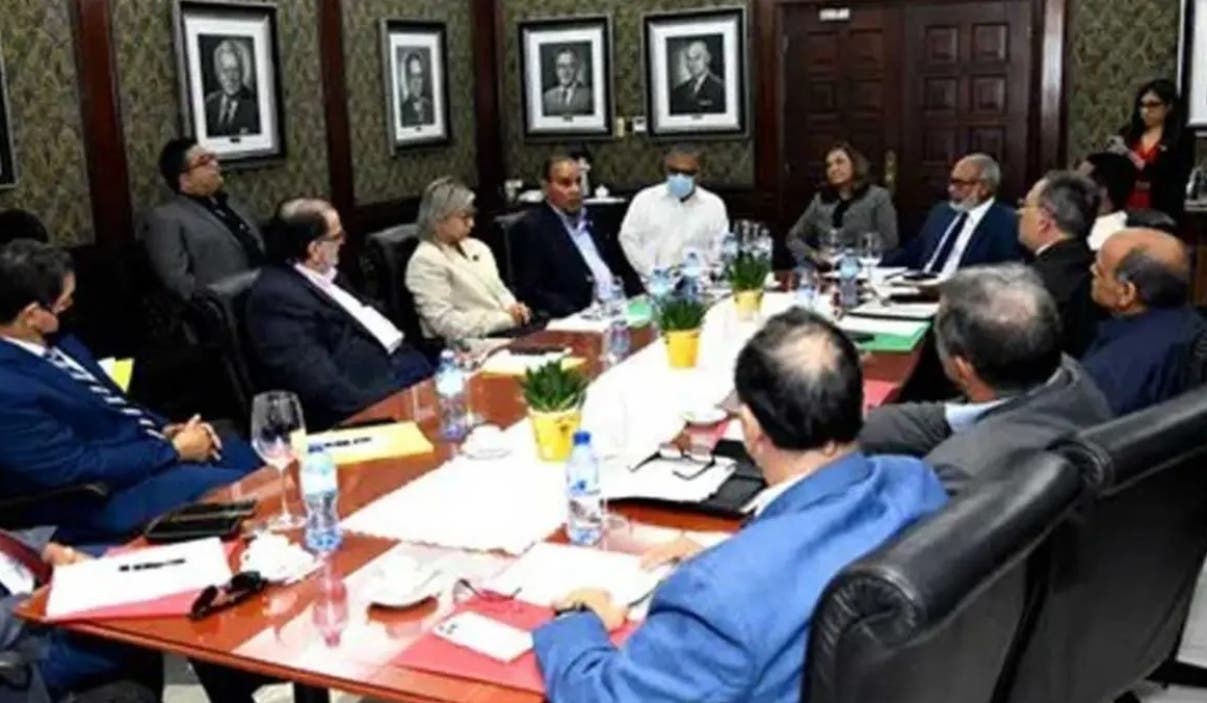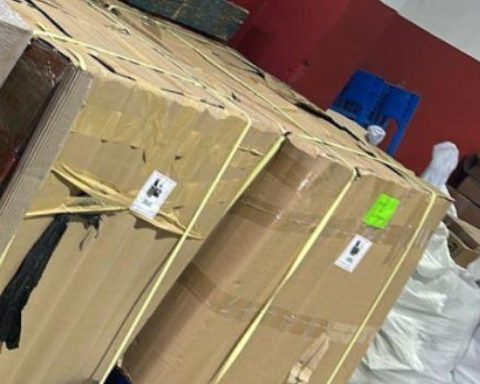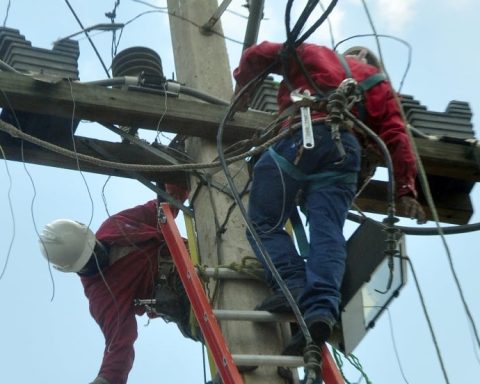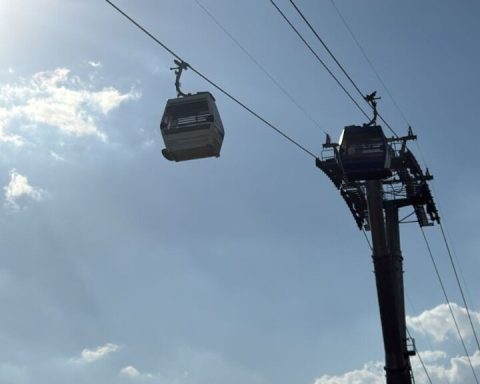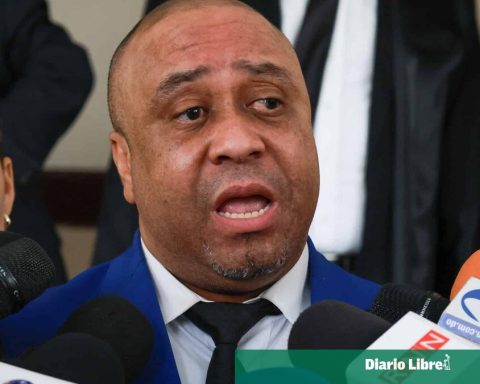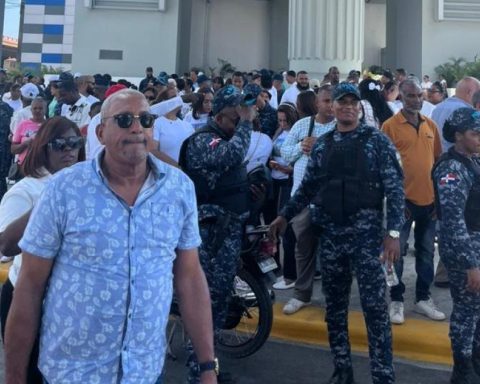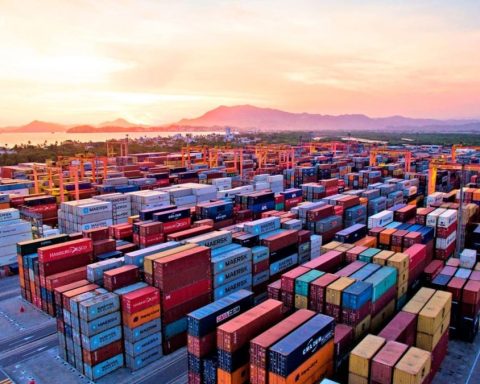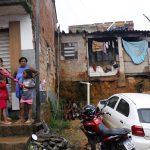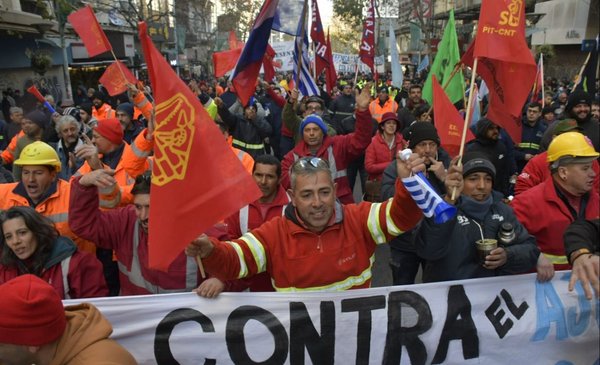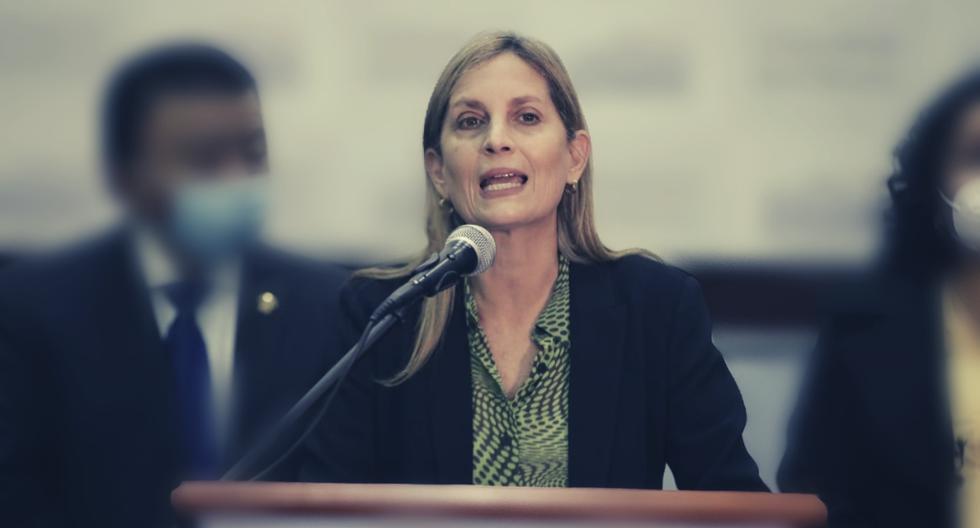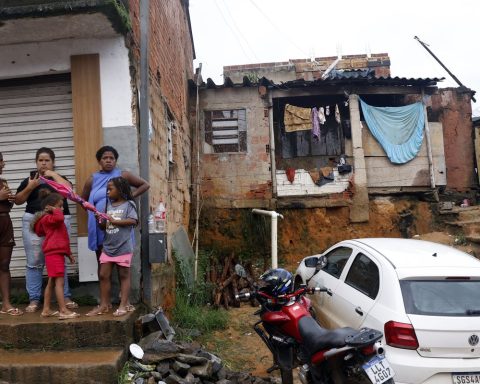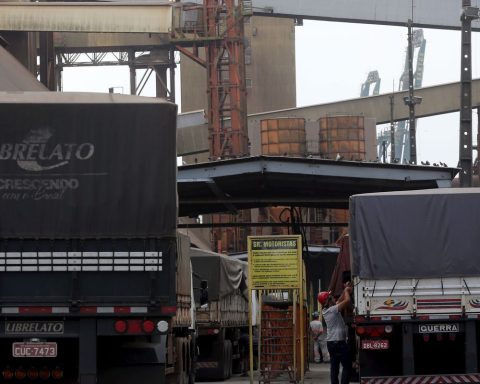The project to strengthen the media response to emergencies and disasters in the Dominican Republic, approved by UNESCO, will be carried out this month in the country under the coordination of the Dominican Society of Newspapers.
The objective is to strengthen the capacities of the media and journalists, to keep operations ongoing and provide detailed coverage of the news in situations of pandemics, climate change risks and disasters.
The president of the SDD and director of El Nuevo Diario, Persio Maldonado, explained that the main purpose is to achieve a consensus on the coverage protocol that allows journalists, media owners, civil society, public officials, centers specialized in disasters and emergencies, as well as political actors, have the necessary guidelines for the ethical and worthy treatment of information.
He said that until next October the “Manual for media coverage of emergency situations and disasters in the Dominican Republic” will be jointly created.
The announcement was made in the Listín Diario, in a presentation sponsored by its director, Miguel Franjul, directors of written, television, radio and digital media, as well as members of Adora, Adecc and Adecomsd.
Also, directors of the Civil Defense, COE, Meteorology, National Seismology Center and the Vice Ministry of Territorial Planning of the Ministry of Economy.
Maldonado stressed that the journalistic associations actively participate and lead the development of the protocol and manual, so that the journalistic exercise continues to be an important part of the democratic system.
Maldonado pointed out that eight workshops will be held in the newsrooms of the media, to collect the experiences of journalists and media managers.
Meetings have been scheduled with the legislative body and the country’s security agencies have been called, as well as dialogues with specialists in this area, so that the protocol includes all voices.
The covid-19, he indicated, has been a situation that made visible the need to have as a country, with an action plan that allows the media to be kept in operation, which will have repercussions on the levels of freedom of expression.
For Elena Napolés, National Officer of the Communication and Information Program of the Regional Office of Culture for Latin America and the Caribbean, “this project seeks to strengthen the capacities of journalists in the Dominican Republic and the media, to continue operations in emergency and disaster situations; guaranteeing greater access to information, since it is reliable, verifiable and of public interest”.
